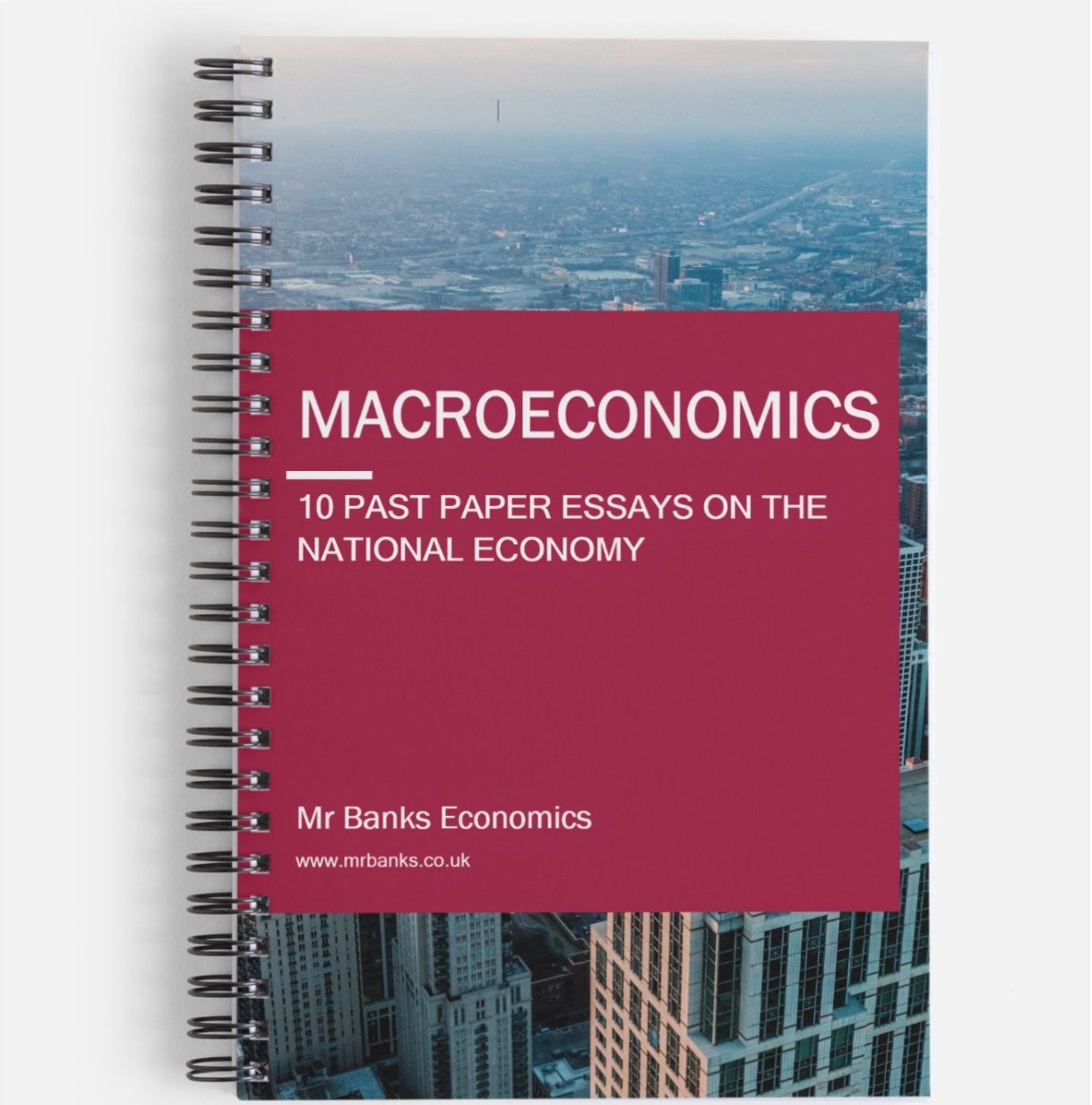Imperfect Labour Markets: Monopsony Employers
A-level Economics
How can a monopsony employer change market outcomes
Definition of monopsony: a monopsony is when there is a single buyer in a market. So, in a sense it is the opposite of a monopoly.
This essentially means that employees in a labour market only have one employer to work for.
What effect does this have on the market?
The monopsonist has a goal of profit maximising. To them, labour is a cost of production. The monopsony employer therefore wants to pay workers as little as possible (they want to minimise their costs so they can make more profit).
The monopsony has huge bargaining power, because it is the only employer in the market –
The monopsonist is a price maker.
- therefore, wages in this market are lower than a competitive one.
Market Outcomes
1) The monopsonist is still a profit maximiser – it operates at the level of output where MRP = MC…
2) Workers are paid less than their MRP – workers are paid less than the revenue they produce for firms
3) So, total employment will also be lower – there are fewer workers willing to supply their labour, as the labour wage rate is lower. There would be more employed workers in a competitive labour market
Monopsony employers. The firm has no competitor employers in the labour market so can pay workers less than they deserve (less than their MRP). Monopsony employers maximise profits at the point MRP = MC. Quantity of labour employed is lower than under perfectly competitive market conditions because wages are lower in this market - less labour will be attracted to work at this wage.
So, in summary we have learned:
Definition of monopsony
Monopsony labour market outcome
Monopsony diagram
IF YOU WANT GOOD GRADES FAST, BUY THESE BOOKS!
MACROECONOMICS MODEL ANSWER BOOK
10 Past Papers with Model Answers on the National Economy
Written by an experienced Economics tutor
Full model answers with diagrams
Suitable for all UK Economics exam boards
Physical booklet
£20.00
MICROECONOMICS MODEL ANSWER BOOK
10 Past Papers with Model Answers on Market Failure
Written by an experienced Economics tutor
Full model answers with diagrams
Suitable for all UK Economics exam boards
Physical booklet
£20.00


